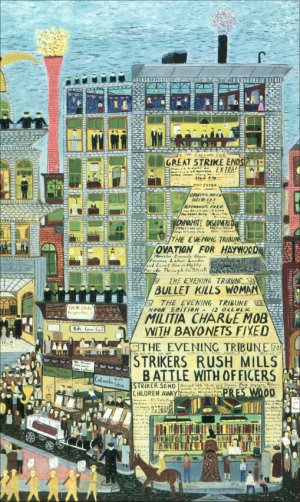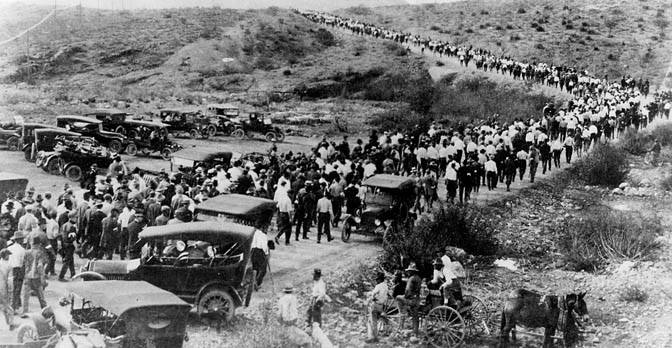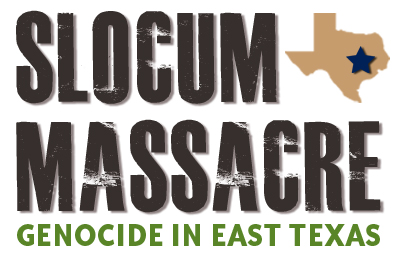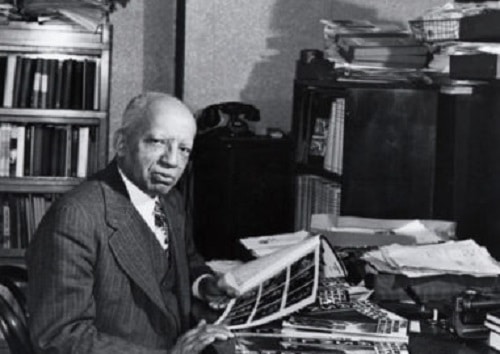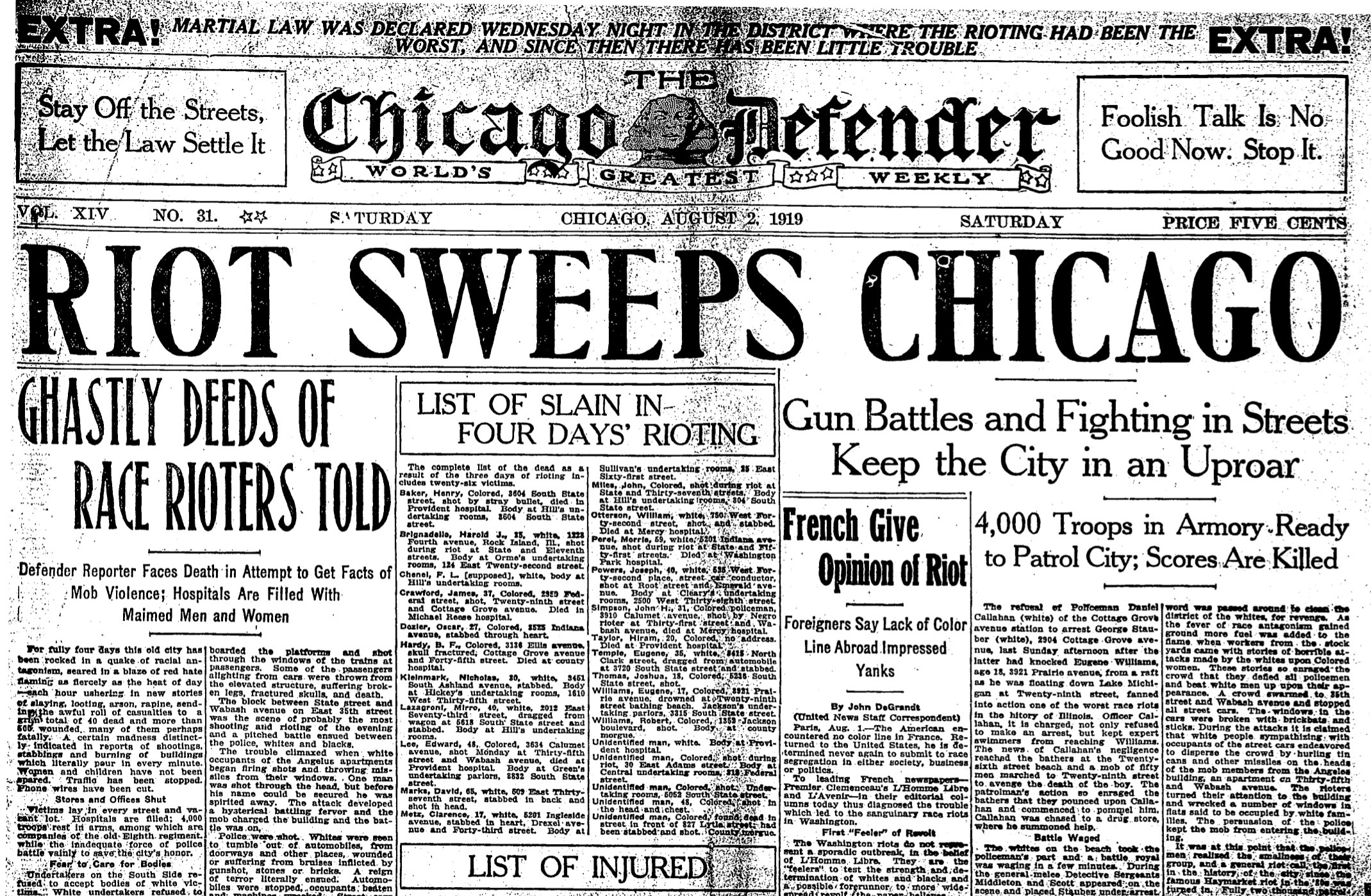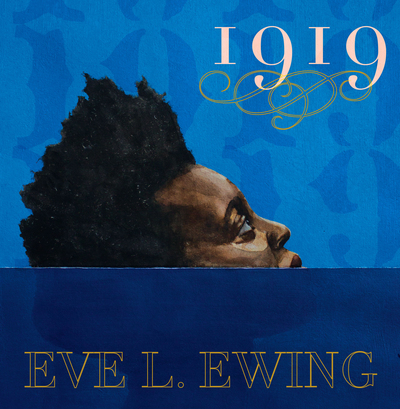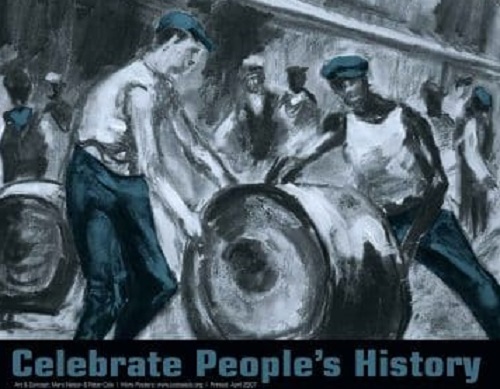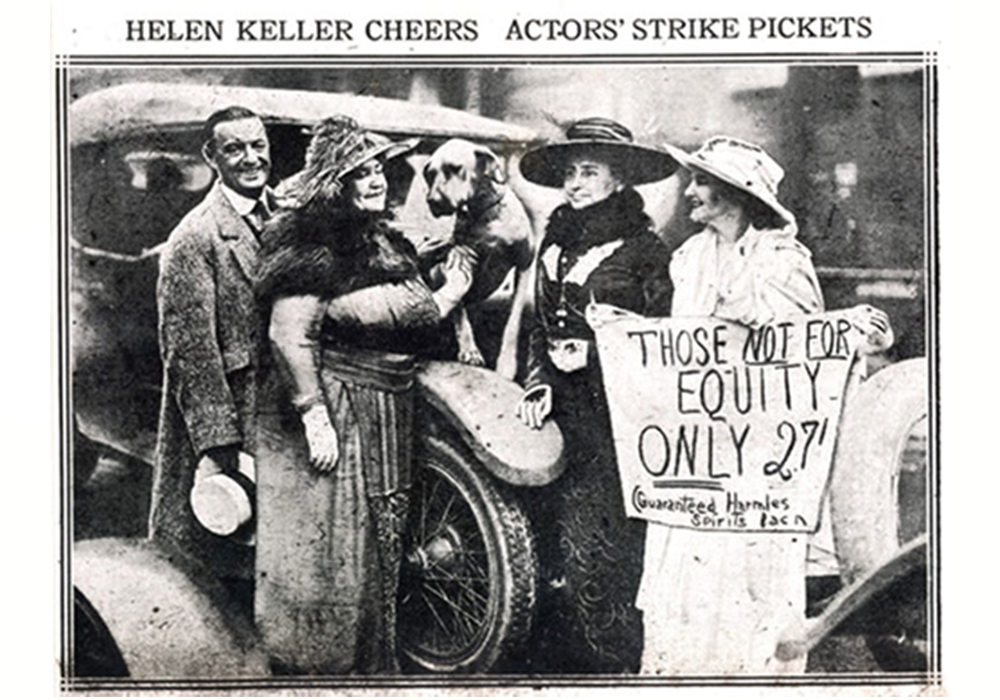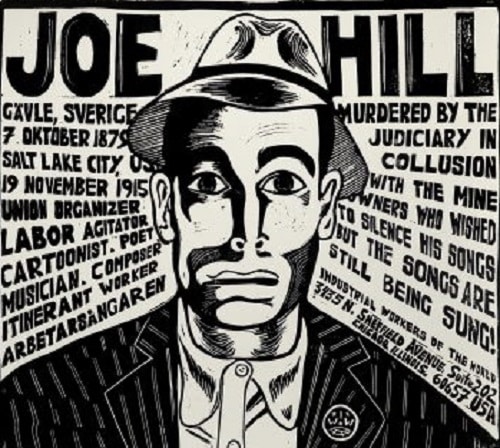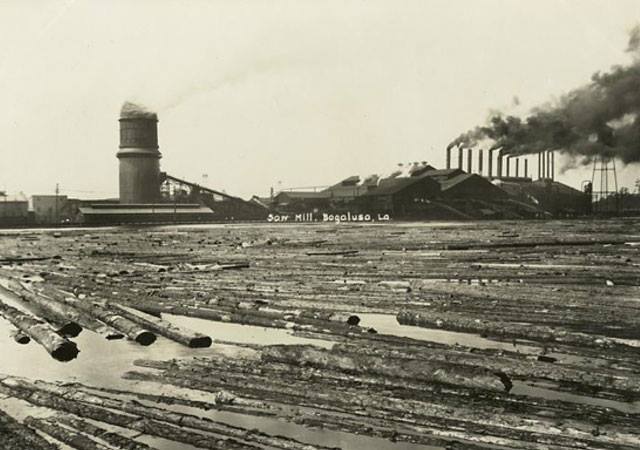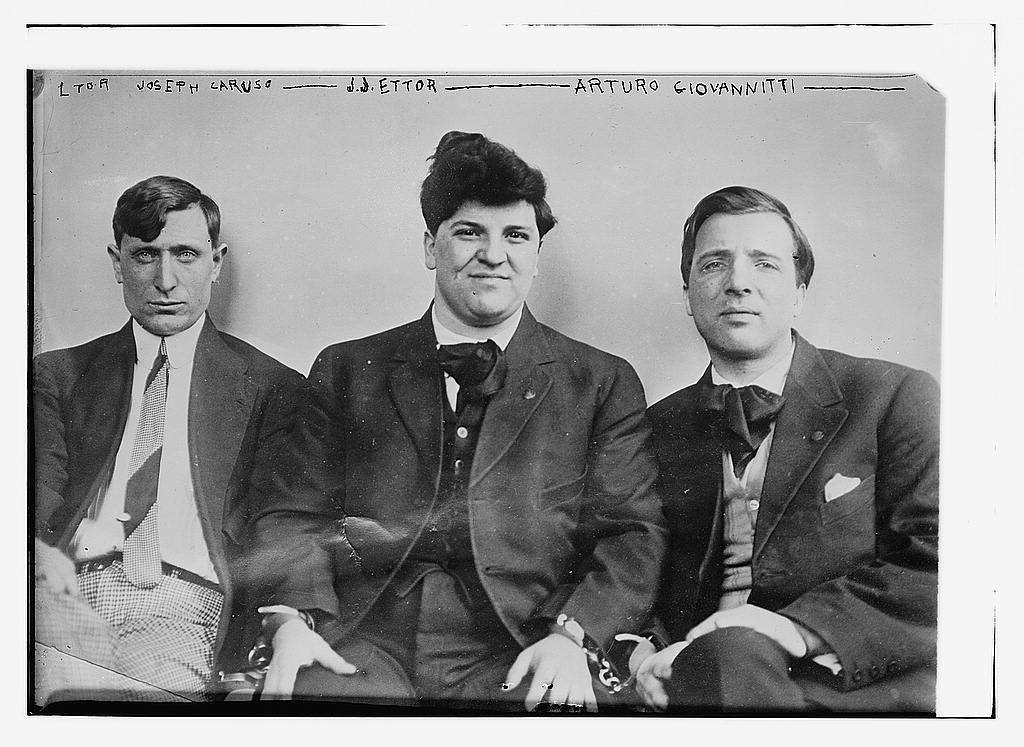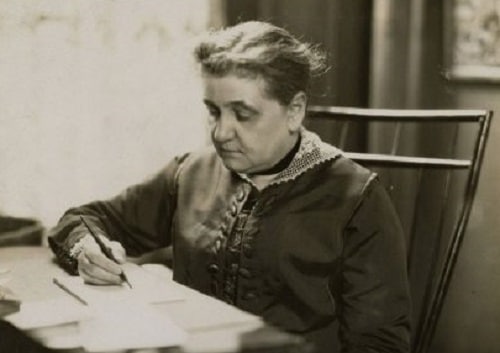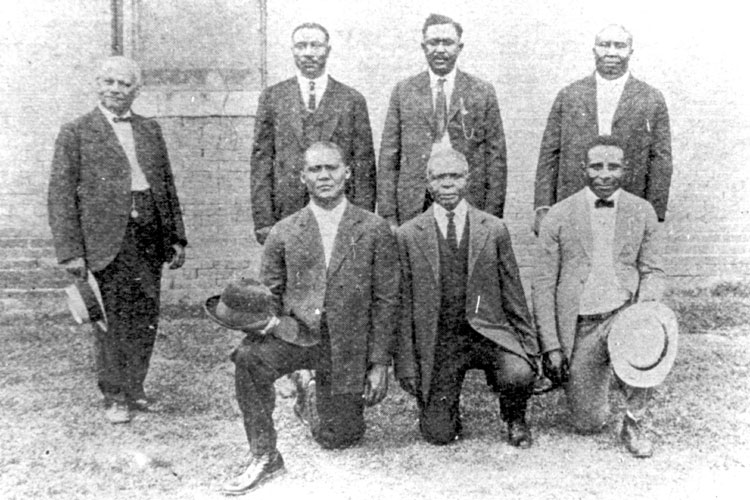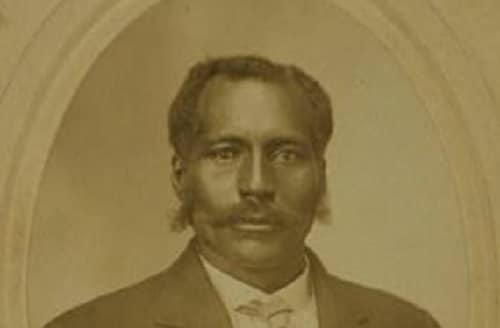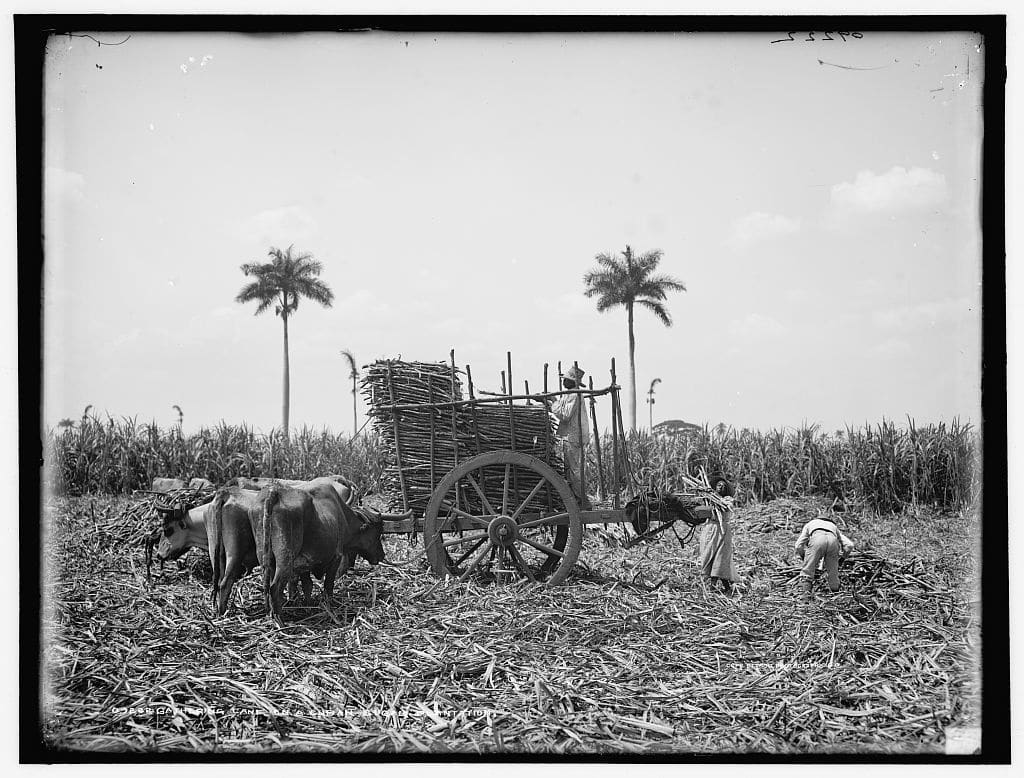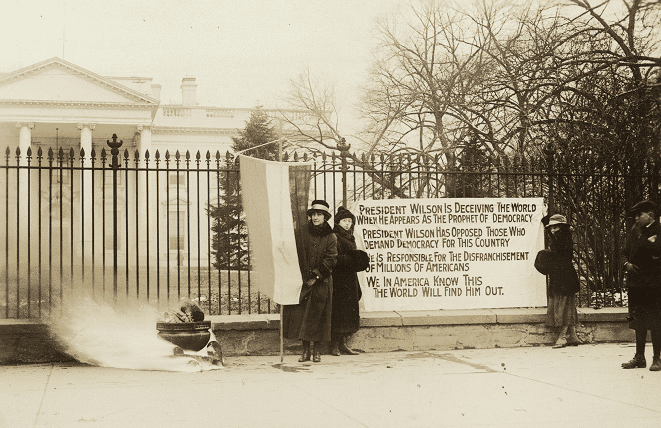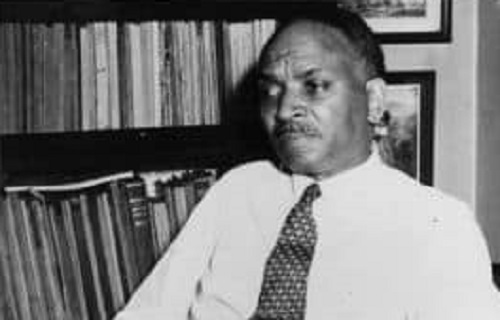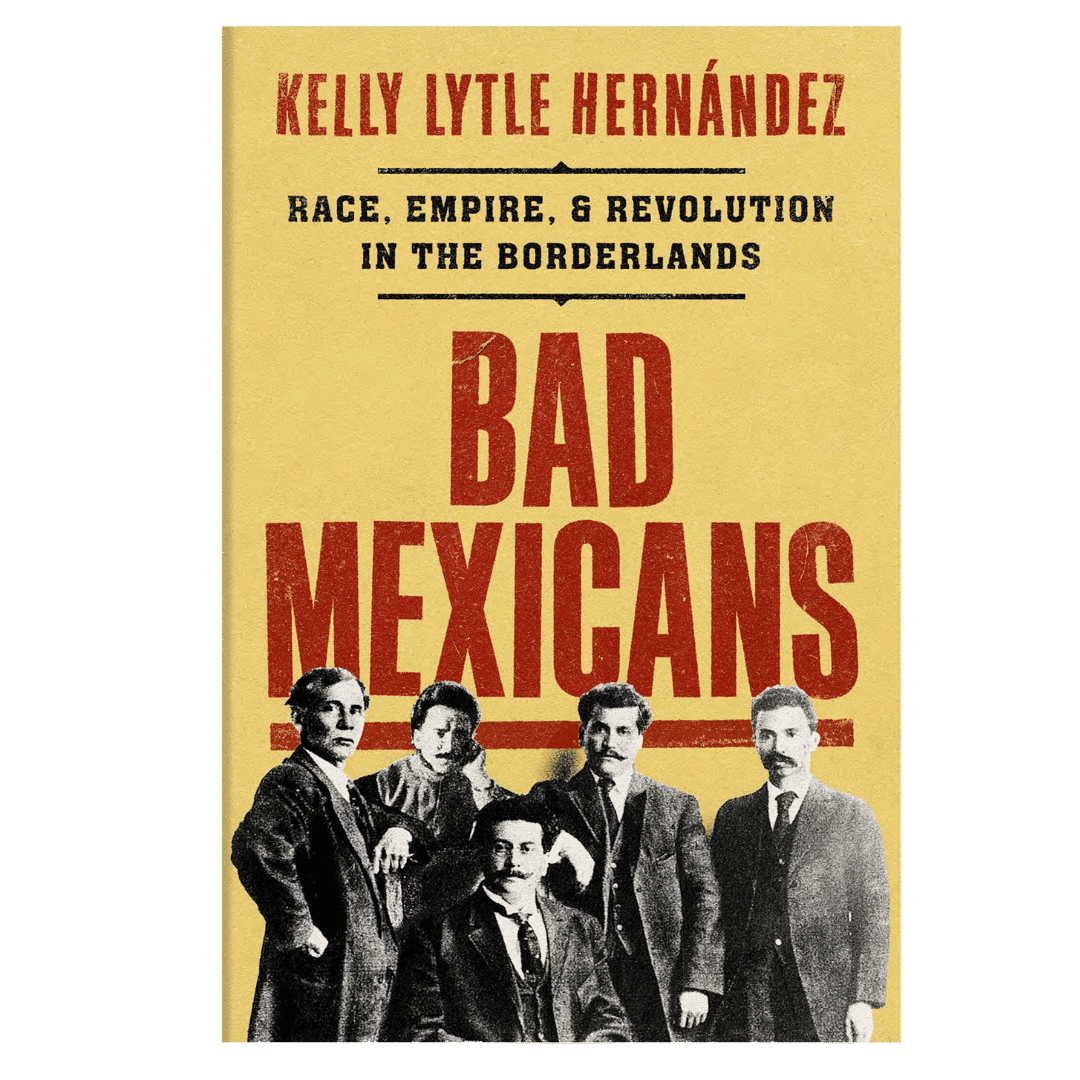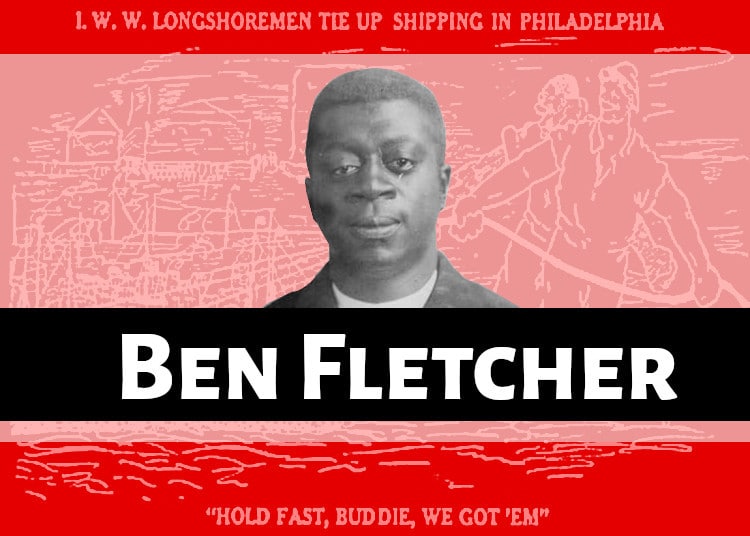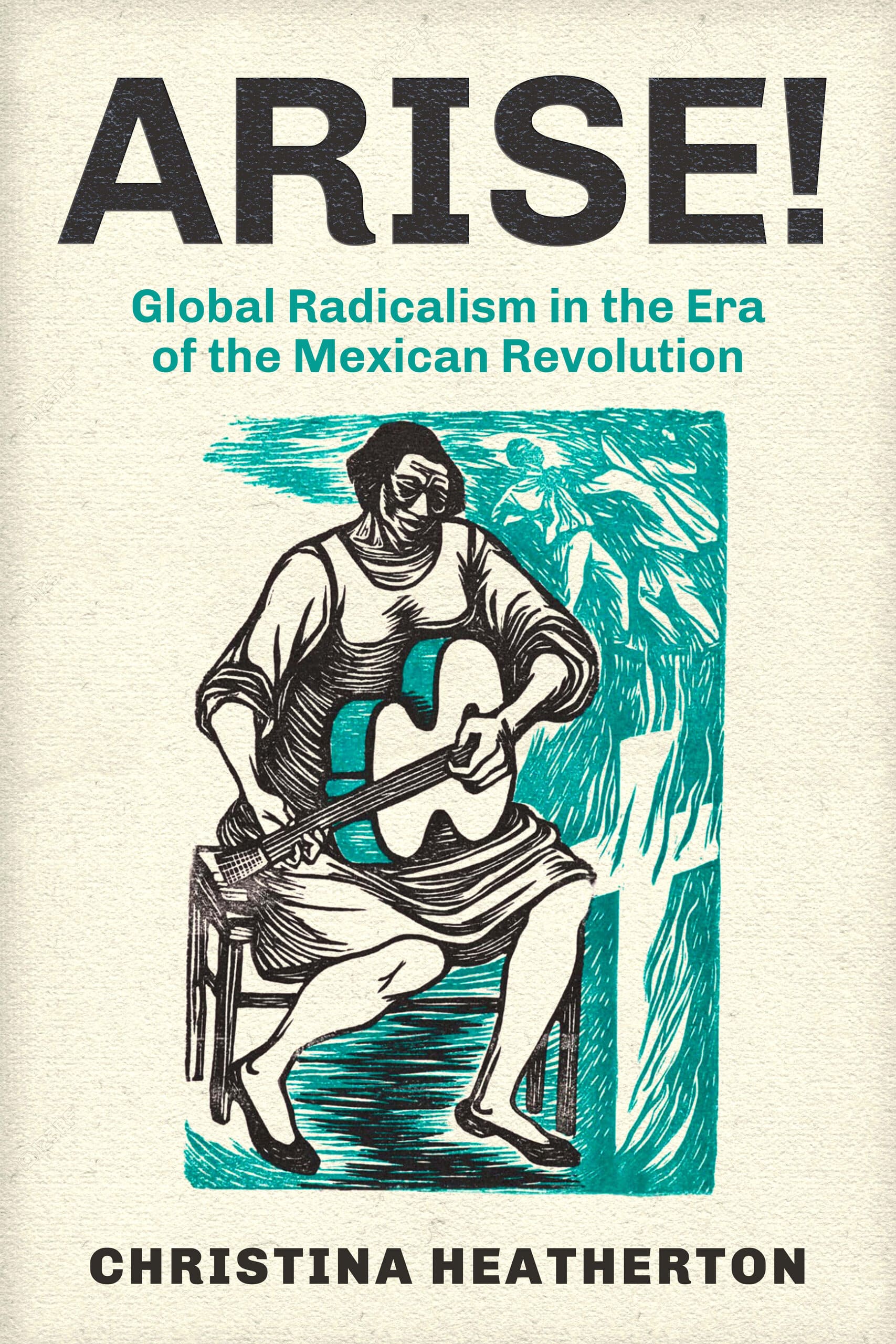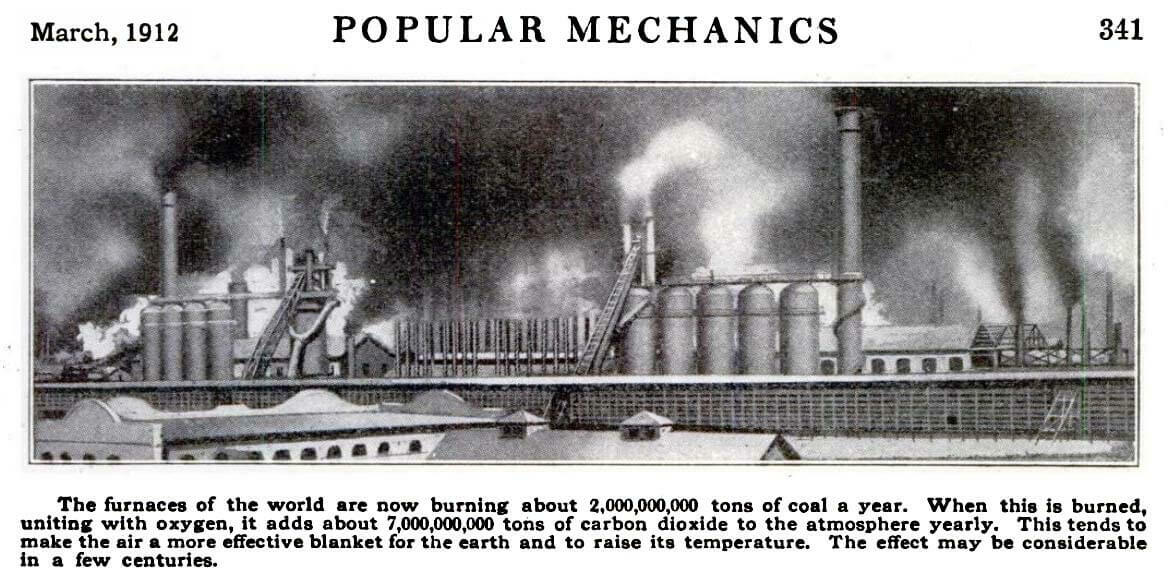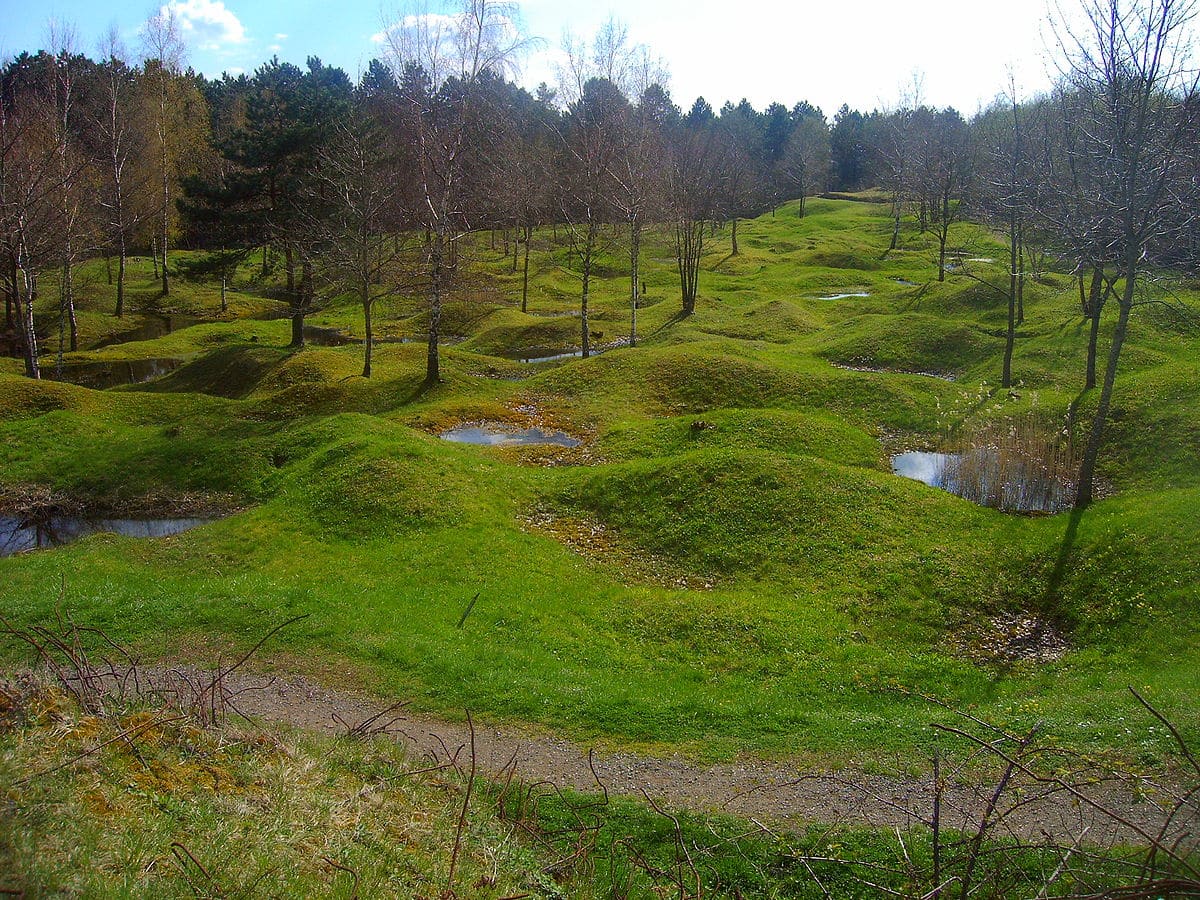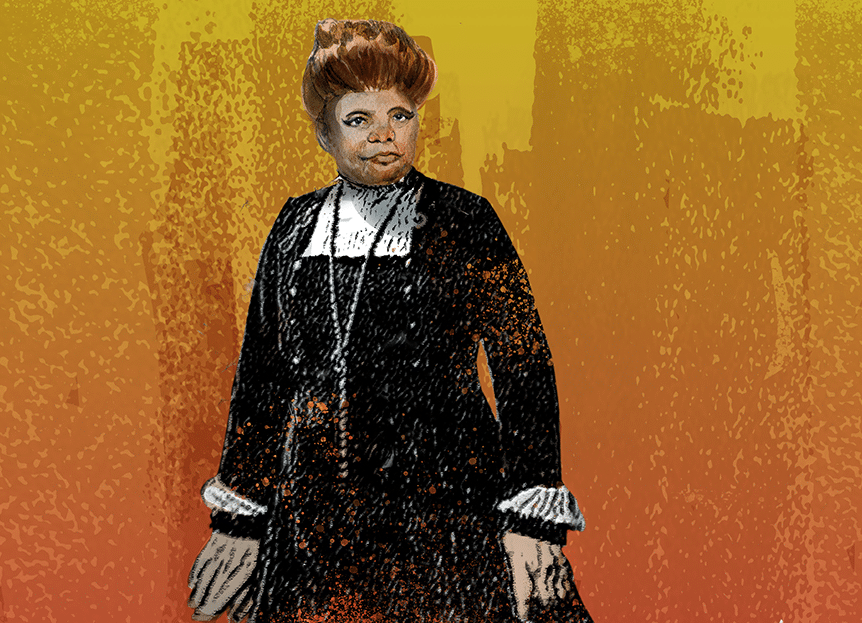Book — Non-fiction. By Kidada Williams. 2012. 281 pages.
This book documents African Americans' testimonies about racial violence during Jim Crow, and the crusades against that violence that became political training grounds for the Civil Rights Movement.
Continue reading
Nearly 400 South Asian immigrants — many of whom were Sikh — steamed into Vancouver’s harbor on the Japanese ship Komagata Maru in search of a new home, but were blocked from docking and disembarking due to racist immigration policies.
Continue reading
The Bisbee Deportation was the illegal deportation of more than 1,000 striking mine workers (IWW-led strike), their supporters, and citizen bystanders by 2,000 vigilantes.
Continue reading
Citizens in the small, predominately African American town of Slocum, Texas, were massacred.
Continue reading
ASALH was established by Carter G. Woodson and Jesse E. Moorland.
Continue reading
Sparked by a white police officer’s refusal to make an arrest in the murder of a Black teenager, violence in Chicago lasted almost a week. At least 38 people were killed and thousands of Black homes were looted and damaged during Red Summer.
Continue reading
Book — Non-fiction. By Eve L. Ewing. 2019. 96 pages.
Poetic reflections on the Chicago Race Riots of 1919 — part of 'Red Summer' — in a history told through Ewing's speculative and Afrofuturist lenses.
Continue reading
Federal agents seized records, destroyed equipment and books, and arrested hundreds of activists involved with the Industrial Workers of the World (IWW).
Continue reading
Article. By Ruth Shagoury.
A review of children's picture books about the life of Helen Keller reveals the omission of any description of her active role in key social movements of the 20th century.
Continue reading
The state of Utah executed Joe Hill, labor organizer, songwriter, and member of the Industrial Workers of the World (IWW).
Continue reading
The Bogalusa Labor Massacre was an attack on interracial labor solidarity in Louisiana.
Continue reading
Joseph James Ettor, Arturo Giovannitti, and Joseph Caruso were acquitted after one of the most important labor trials.
Continue reading
The Palmer Raids began in November of 1919 and targeted suspected radical leftists, especially anarchists, and deported them from the United States.
Continue reading
Black farmers were massacred in Elaine, Arkansas for their efforts to fight for better pay and higher cotton prices. A white mob shot at them, and the farmers returned fire in self-defense. Estimates range from 100-800 killed, and 67 survivors were indicted for inciting violence.
Continue reading
Successful African American entrepreneur, landowner, and community leader Anthony P. Crawford was murdered by a lynch mob in South Carolina.
Continue reading
In April 1917, soldiers entered the sugar town of Jobabo in eastern Cuba and, according to eyewitnesses, executed several British West Indian men.
Continue reading
In one of the more spectacular demonstrations for women's voting rights, the National Woman’s Party burned President Woodrow Wilson in effigy in front of the White House during the campaign for the 19th Amendment.
Continue reading
Entrepreneur Claude Albert Barnett launched the Associated Negro Press, or ANP, a nationwide and international news service that focused on current events, feature stories, opinions and other information important to African Americans but usually ignored by or unknown to white-owned mainstream media.
Continue reading
Book — Non-fiction. By Kelly Lytle Hernández. 2022. 384 pages.
Taking readers to the frontlines of the magonista uprising and the counterinsurgency campaign that failed to stop them, Kelly Lytle Hernández puts the magonista revolt at the heart of U.S. history.
Continue reading
More than four thousand Philadelphia longshoremen, organized by African American IWW leader Ben Fletcher, went on strike and shut down one of the busiest ports in the United States.
Continue reading
Book — Non-fiction. By Christina Heatherton. 2022. 336 pages.
This book tells the international history of radical movements and their convergences during the Mexican Revolution, reconstructing how this era's organizers found new ways to fight global capitalism.
Continue reading
Francis Molina published an article in New York’s Popular Mechanics on March 1, 1912, which was then republished in New Zealand and other papers around the globe, becoming one of the first news items to directly connect increased coal burning, increased CO2 emissions, and increasing temperatures of the earth.
Continue reading
The First World War killed roughly 20 million people. Fighting transitioned from mainly human- and animal-powered to fossil fuel-powered technologies and accessing and protecting fossil fuel supplies became part of sustaining a powerful military. The Earth and the environment have suffered ever since.
Continue reading
Teaching Activity. By Matt Reed. Published by Rethinking Schools. 2023.
This mixer activity helps students uncover the radical legacy of Ida B. Wells.
Continue reading



